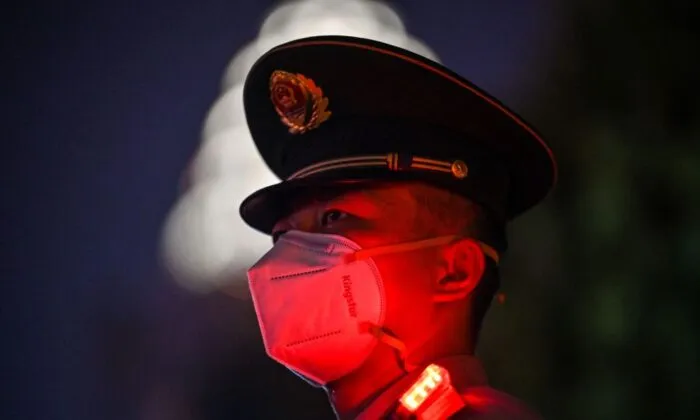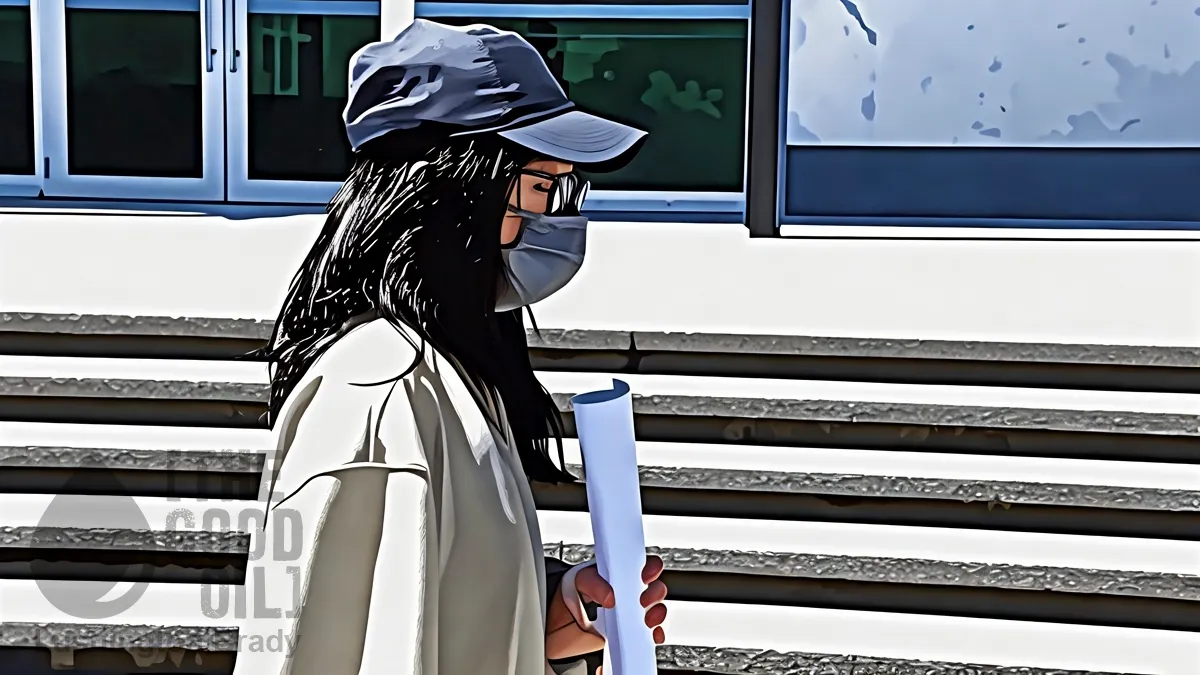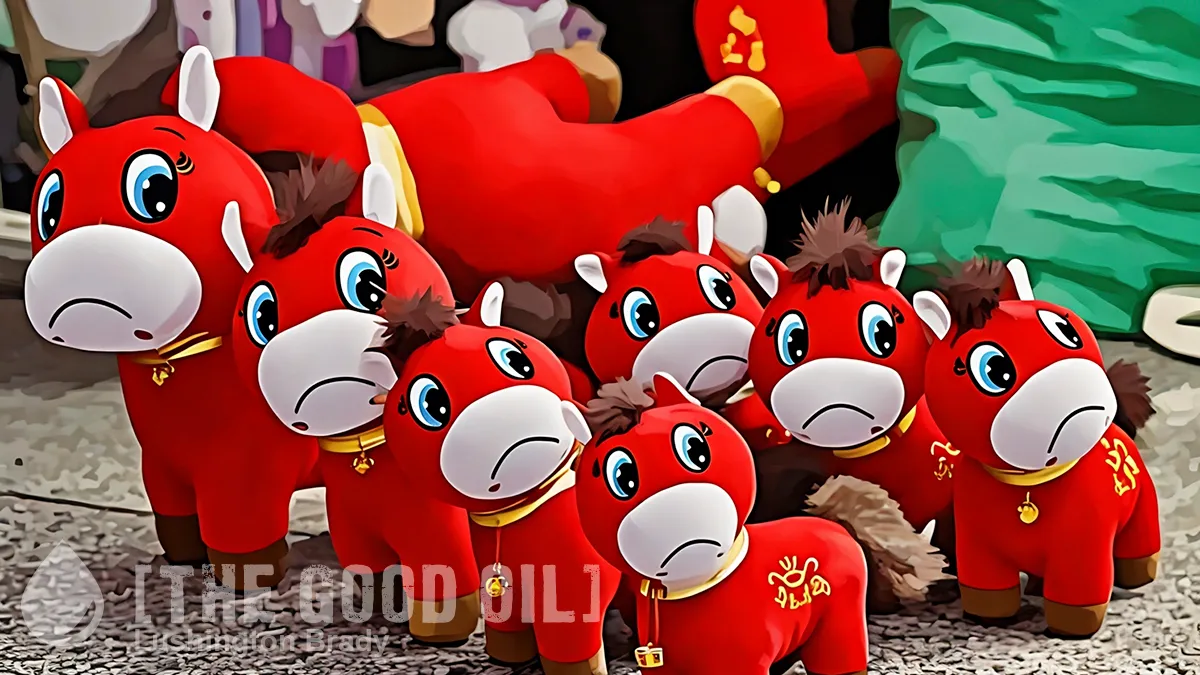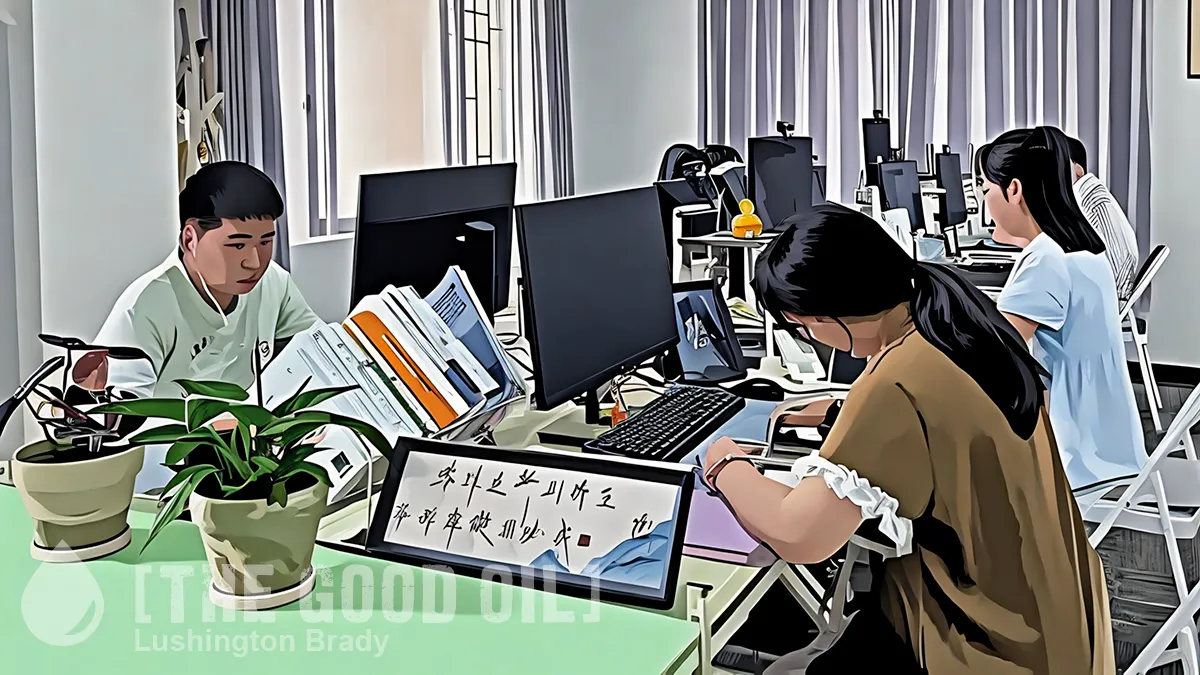Table of Contents
Antonio Graceffo
Dr. Antonio Graceffo, PhD, China MBA, is a China economist, the author of Beyond the Belt and Road: China’s Global Expansion and The Wrestler’s Dissertation. He is based in Ulaanbaatar, Mongolia.
The United States Commission on International Religious Freedom (USCIRF) 2023 Annual Report documented a significant increase in religious oppression in the People’s Republic of China. Reports by government and non-governmental organizations have documented nearly one million Muslims in detention centres, organ harvesting from Falun Gong religious adherents, the jailing and torture of Tibetans, Catholics, Protestants, and Buddhists. Additionally, the Chinese Communist Party (CCP) has complete control over worship services and liturgy, as well as the appointment of clergy.
The situation has got progressively worse under Xi Jinping who promotes a state-ideology of Marxist atheism.
Article 36 of the PRC Constitution says that citizens are entitled to the freedom of religion. In practice, however, the CCP has so much control over religion that there is no meaningful freedom. During the past years, under Xi Jinping, there has been a steady crackdown on religion, infusing the state-recognized religions with socialist principles. Children under the age of 18 are not allowed to participate in religious activities and atheism is required in schools. Members of the CCP and the military are required to be atheists by CCP’s Disciplinary Regulations. Online CCP tutorials teach that there is “zero tolerance” for members who support religion.
Since becoming CCP Secretary, Xi Jinping has reemphasized that Party members must be “unyielding Marxist atheists“. Even for non-Party members, only so-called “normal religious activities” are permitted under Article 36. And the CCP has the authority to determine what constitutes a religion. Beliefs matching the definition of cults, as defined by the CCP, are expressly prohibited under Article 300 of China’s Criminal Law.
Only five religions are officially recognized. These include: the Buddhist Association of China, the Chinese Taoist Association, the Islamic Association of China, the Three-Self Patriotic Movement (Protestantism), and the Chinese Patriotic Catholic Association. All of these are under the State Administration for Religious Affairs, the United Front Work Department (UFWD), and ultimately under the CCP. Religious activities outside of these state-sanctioned bodies are illegal.
Religious observance is restricted to the officially designated, CCP-approved location and time. A service held in a private home or outdoors would be illegal. Places of worship must be registered and approved and new ones may not be constructed without permission. Publishing books and posting on the internet are also controlled by the Party. Proselytizing, mission work, and open religious instruction are forbidden.
Neither Judaism nor Hinduism are officially recognized religions. The Three-Self Patriotic Movement is the only Protestant group which is recognized. This means all other forms of non-Catholic Christianity are prohibited, including Lutherans, Episcopalians, Baptists, Mormons, Seventh Day Adventists, Jehovah’s Witness, and so on.
Uyghur Muslims and sects of Islam outside the Islamic Association of China are suppressed. All Buddhist worship is governed by the Buddhist Association of China — which does not support Tibetan Buddhism. Additionally, Tibetan Buddhists are not allowed to recognize the Dalai Lama or display his image. The Church of Almighty God and the Falun Gong are expressly prohibited.
According to the USCIRF, Tibetan Buddhists, Christians, Falun Gong members, the Church of Almighty God, and Xinjiang Muslims have reported widespread arrests, detention, torture and forced indoctrination. The number of Xinjiang Muslims in detention may be over a million and the number of children separated from their parents is over 800,000. Among the restrictions imposed on religious leaders and groups is a ban on overseas travel. The government does not want Tibetans visiting the Dalai Lama or the Tibetan community in exile in India. The CCP also limits the number of Muslims permitted to go on Haj.
In spite of repression, according to China’s State Council Information Office’s (SCIO) report on religious policies and practices, more than 200 million Chinese officially adhere to a religion. Reports by NGOs, however, suggest that the number is much larger, perhaps 350 million, but that their adherents keep their views secret to avoid repercussions. The religious demographics are estimated as follows: “185-250 million Chinese Buddhists, 60-80 million Protestants, 21-23 million Muslims, 7-20 million Falun Gong practitioners, 12 million Catholics, 6-8 million Tibetan Buddhists, and hundreds of millions who follow various folk traditions.”
About half of China’s 12 million Catholics worship at State-approved churches, which are not permitted to recognize the Pope. The other half worship in underground home churches, which do. This worship is illegal, however. And if found out, the worshipers and priests can be severely punished.
In 2018, the CCP signed an agreement with the Vatican, allowing the Pope to confirm the appointment of Bishops for the Chinese Patriotic Catholic Association. In April, however, the CCP broke the agreement and unilaterally appointed a bishop without the Pope’s approval. The relationship with Pope is such a core element in Catholicism that many Catholics turn away from the state-sponsored religion and join an underground church instead. Paradoxically, by trying to drag religion into the open and control it, the CCP are driving people into worshipping in secret.
The CCP also prohibits Tibetans from contacting the leader of their faith, the Dalai Lama. Additionally, the CCP insists that it will select the next incarnation of the Dali Lama and Panchen Lama, the two highest positions in Tibetan Buddhism. The boy selected by the Tibetan religious leaders as the next Panchen Lama, in 1995, was whisked away by the CCP. According to Beijing, he was raised by a Chinese family, has no interest in religion, and is now a college graduate with a job. Many China watchers, however, believe the boy may be dead. Either way, Beijing will select his successor.
In response to China’s systematic repression of religion, the United States has imposed a number of sanctions. The Tibetan Policy Act of 2001 calls for political and religious freedom in Tibet. The 117th Congress (2021-2022) introduced a human rights bill, H.R.4821, which would hold CCP officials responsible for repression against Christians and other religious minorities. In January 2021, the final legislation of the Trump administration described the CCP’s treatment of Uyghur Muslims in Xinjiang as genocide and crimes against humanity.
This legislation was renewed by President Biden, and coordinated sanctions were taken by the United States, Canada, the UK, and the European Union. The sanctions, however, while having some economic impact, are having little effect on CCP repression. It continues to worsen.









